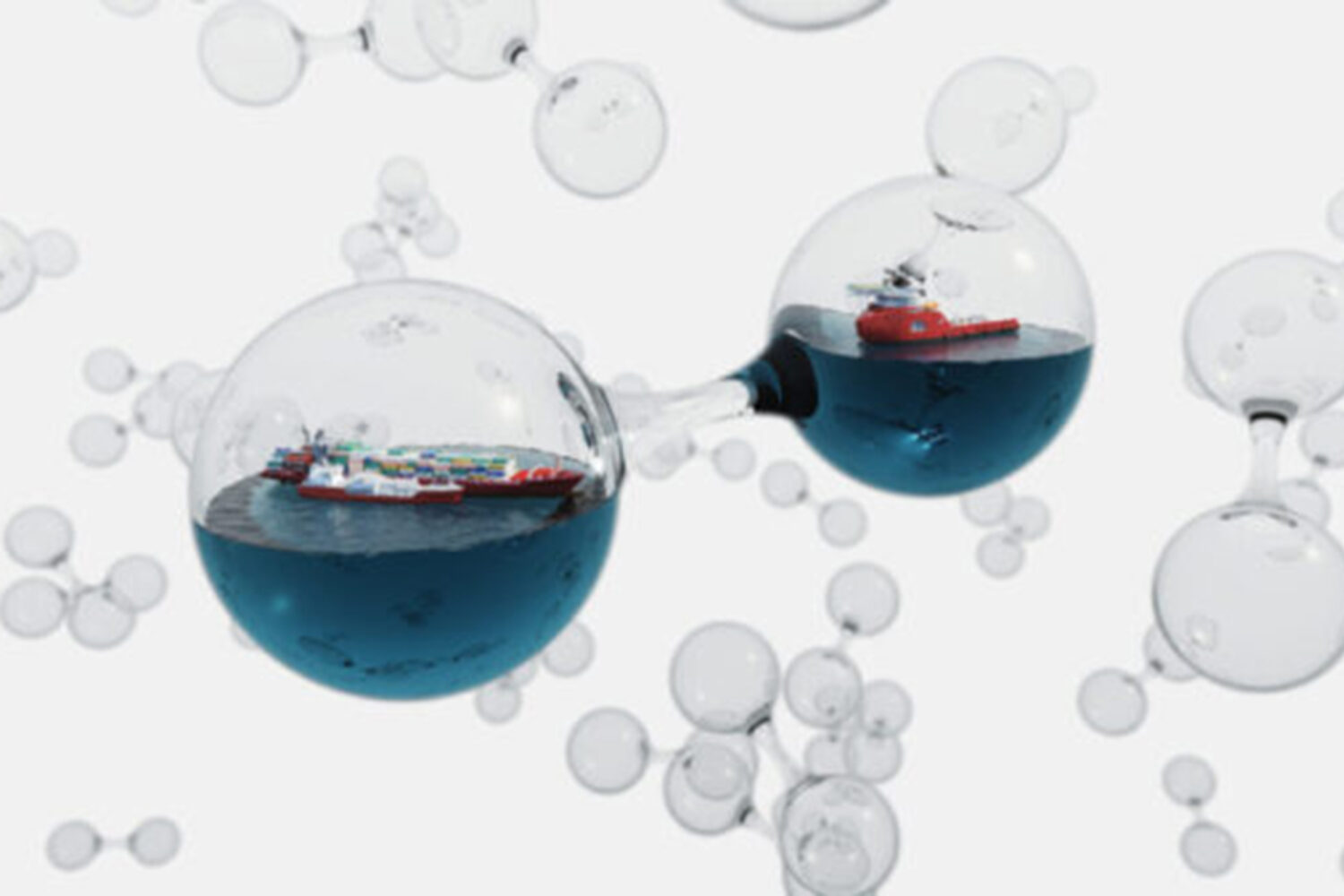The French classification society Bureau Veritas (BV) has published its first rule set for hydrogen-powered vessels to support the safe development of hydrogen propulsion in the maritime sector.
The class rules “NR678” outline the technical requirements for the safe bunkering, storage, processing, distribution and use of hydrogen as a fuel for on-board power generation. [ds_preview]
It also covers monitoring and control systems to meet the specific safety requirements for the transportation and use of hydrogen on ships, such as high flammability and the need to store the fuel under very high pressure or at low temperatures.
Bureau Veritas rules aim to reduce hydrogen leaks, fires and explosions
The BV rules for hydrogen-powered ships aim to reduce the risk of hydrogen leaks, fires or explosions and contain detailed requirements for the design of machinery and engines as well as the configuration of the ship and the arrangement of fuel tanks and other systems on board. They also include requirements for ventilation of hazardous areas, venting and pressure relief systems, and monitoring and safety systems, including vapor and gas detection.
These classification rules complement the existing BV Rule “NR 547” on fuel cell propulsion systems on board ships, which was introduced in 2022 in response to the maritime industry’s growing interest in fuel cells, and cover all types of fuels including hydrogen. In addition, the rules also apply to “hydrogen-prepared” ships designed for the subsequent installation of a hydrogen fuel system. BV is currently working on around ten projects using hydrogen as a fuel, either as the main source of propulsion for smaller vessels or as auxiliary power for larger vessels.
Bureau Veritas intends to update rules on an ongoing basis
The new rules have been developed based on feedback from the industry and input from numerous stakeholders, as well as the experience of other Bureau Veritas Group departments with hydrogen on land. “NR678” reflects the latest industry knowledge on the use of hydrogen as a marine fuel and will be updated at regular intervals in line with developments in technology and regulatory decisions by flag states and the International Maritime Organization(IMO).
“The aim of these new rules is to provide the necessary clarity to support industry pioneers in harnessing the potential of hydrogen for more sustainable shipping,” explains Laurent Leblanc, Senior Vice President, Technical & Operations at Bureau Veritas Marine & Offshore. “With the introduction of hydrogen as a potential carbon-free fuel on the road to decarbonization, we are at the beginning of an important technological turning point. We are proud to be writing this new chapter in history together with our partner shipping companies, shipyards and technology developers, as well as our colleagues across the BV Group, who have all contributed their expertise to the development of these regulations, NR678.”













